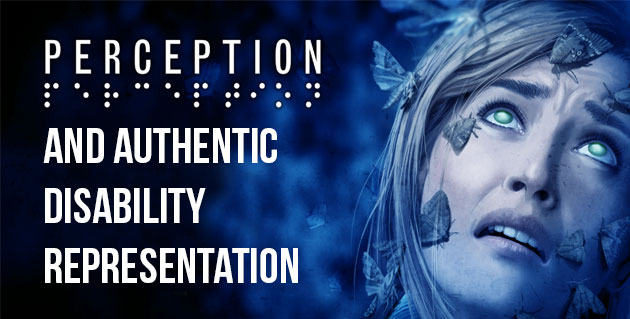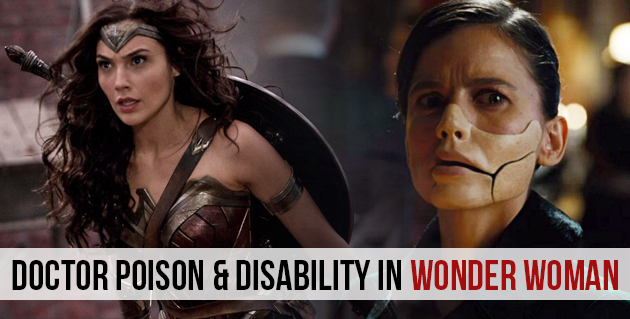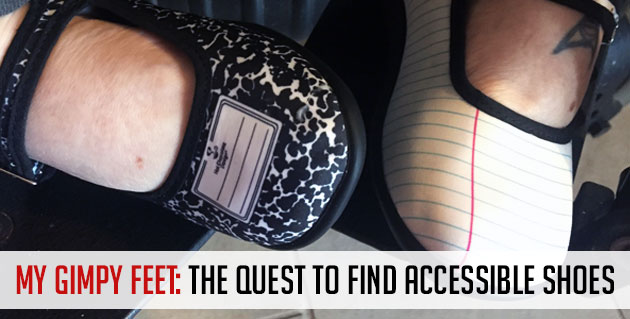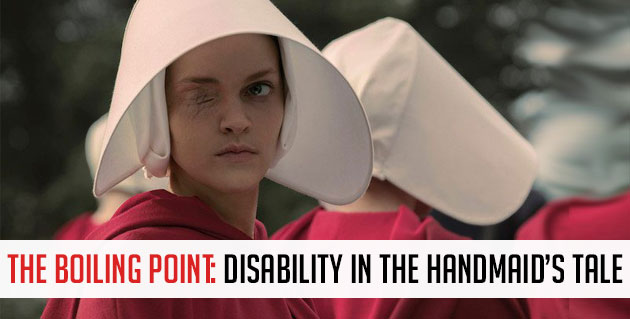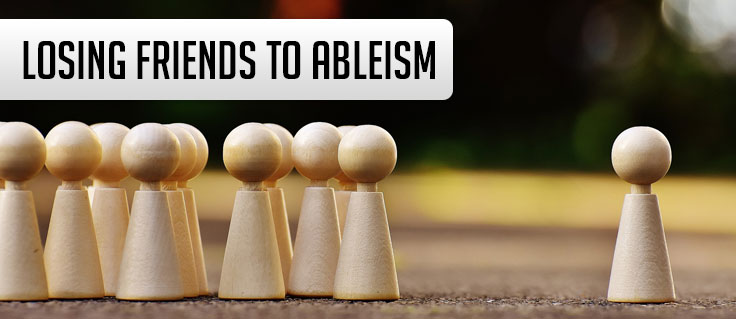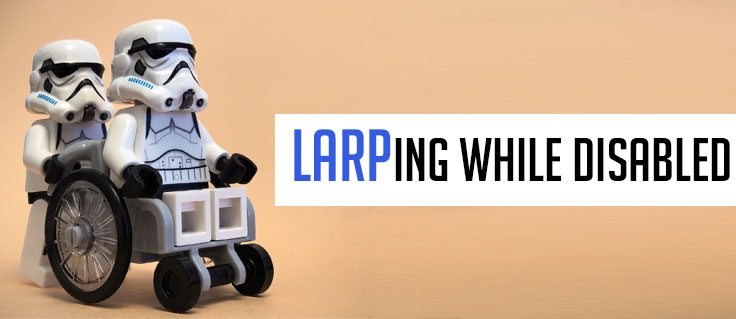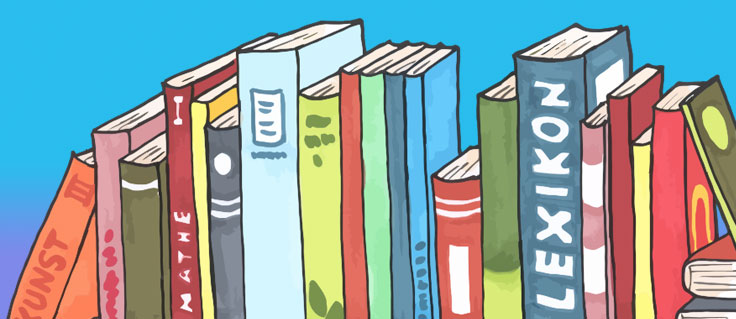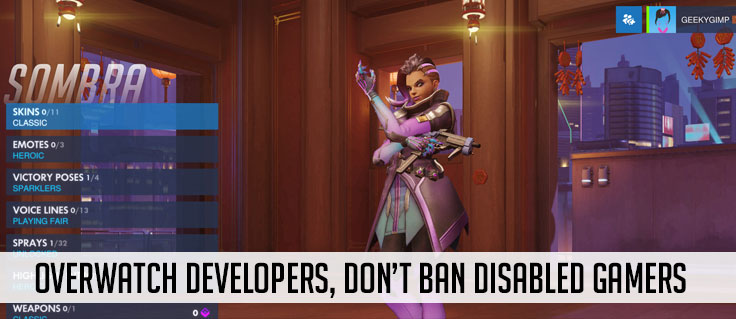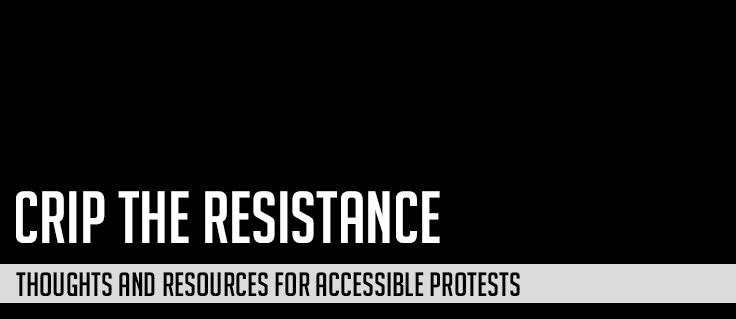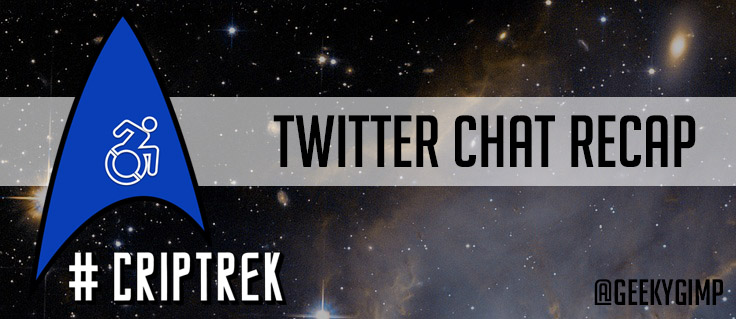Perception is a horror exploration game attempting to bring forth a strong disabled protagonist with an original gameplay style. In this title made by the same developers of BioShock, you play as Cassie, a blind woman who taps her cane on surfaces to see, much like echolocation. When tapping Cassie’s cane, a blue wave emits and briefly shows the outline of the objects in your vicinity. If you tap your cane too much, an evil force is disturbed; you can take cover briefly in one of the hiding locations you come across, like in a wicker basket or under a bed. You also have access to Cassie’s cell phone, and can use it to take pictures of different texts, like prescription bottles or cards, and have the accessibility program on the phone read them aloud for you.
It’s rare to find a video game that realistically portrays disability, and abled developers and storytellers often rely on tropes to carry their narrative. With Perception, I was wary of the blind person with echolocation stereotype; but I thought if developers could show a disabled person using accessibility tools to navigate the world and solve mysteries, it would be a step toward normalizing disabled characters in video games. So even if the whole echolocation bit concerned me, I was willing to give it a shot. I backed the digital copy on Kickstarter and waited over a year to finally play it.
I want to point out that I am not blind or have low vision. My disability affects my strength, dexterity, and range-of-motion, so I am going to start with my initial thoughts and access barriers, then bring in the voices of actual blind/low-vision gamers to share their experiences.
Read moreOn Perception and Authentic Disability Representation

